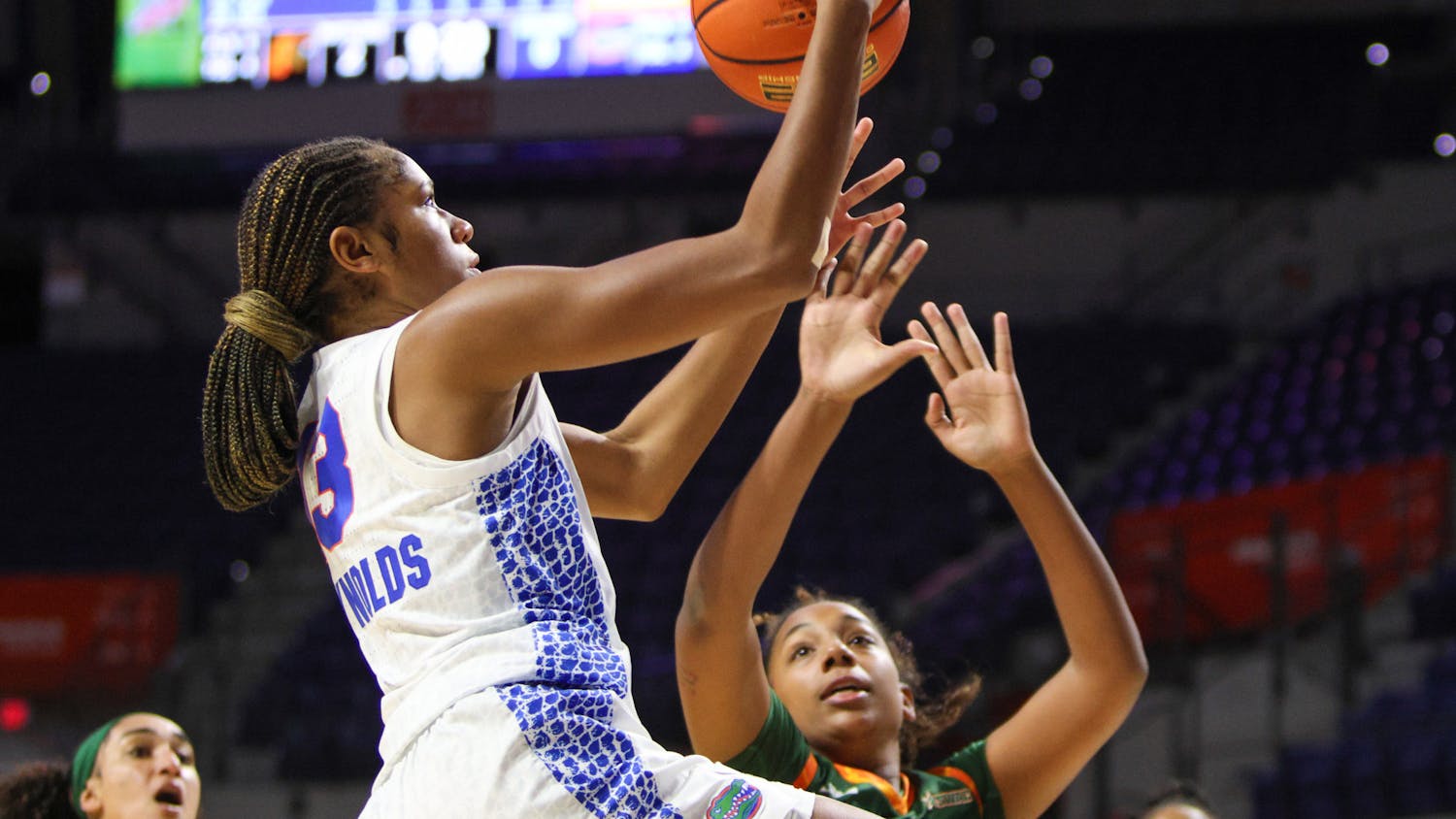An 18-year-old girl who just started college spends the night hanging out with her roommate and her roommate's friends.
She trusts her roommate, so by association she trusts her friends.
They start drinking-just a few at first-and guys start hitting on her.
She keeps drinking. They keep hitting on her.
She blacks out soon, and before long, they're pulling off her shirt, unhooking her bra and pulling down her pants.
Suddenly she's alone-naked, bruised and sore.
According to Beth-Anne Blue, coordinator for CARE, the Center for Sexual Abuse/Assault Recovery Education, that's how rape usually happens to college students.
"In terms of sexual assault, you would be much safer to walk across campus at 3 in the morning than going to bars and getting drunk," Blue said.
A study published in the May/June issue of the "Journal of American College Health," revealed that about 20 percent of undergraduate women are sexually assaulted during their time in college, and a majority of sexual assaults occur after women consume alcohol.
Freshman and sophomores are at the most risk to be sexually assaulted, according to the results.
The highest risk of being raped is during the first three months of college for women 18-to-22, Blue said.
"It's the perfect time to strike," Blue said of situations where victims trust their future abusers.
On college campuses with a population of 10,000 females, more than 350 rapes occur per year, according to research by the National Institute of Justice, and the number is parallel for universities with more students.
Blue she said shame prevents most victims from coming for help, and if they do, it's usually six months to a year later.
"I don't care if she was naked, passed out drunk," Blue said. "It was not her fault. You can't give consent when you're drunk."
Blue said for women committed to getting better, it takes about six months of counseling. For those who don't give up the 'party, drinking lifestyle,' it's a lot harder.
"When someone rapes you, they take part of you with them," Blue explained. "I can't [give] that back. But I can teach you how to live without it."
Blue said as new freshman are coming on to campus it is important for them to keep in mind things they can do to keep themselves from becoming victims.
The main thing people can do is to avoid drinking too much, Blue said.
Less than 5 percent of rape results from date-rape drugs, she said.
It's also a good idea for friends to pick someone as a designated driver, she added.
Another issue to watch out for, Blue said, is guys putting double shots in girls' drinks to get them drunker than they realize.
"We need to create a community on this campus that doesn't allow sexual assault to continue," she said.
Police Chief Linda Stump also suggested taking a defense class as a way to stay safe.
"Crime is an opportunity," Stump said. "Do all the things necessary to protect yourself."
For more information on sexual assault, call CARE, 352-392-1171.





